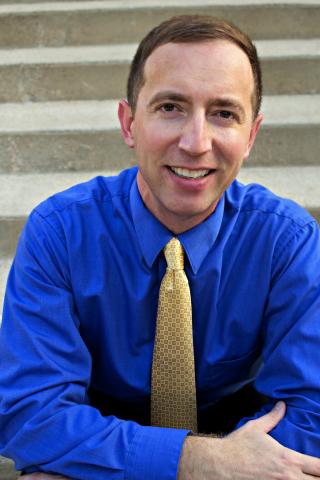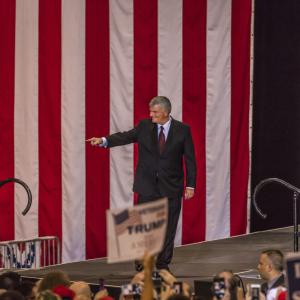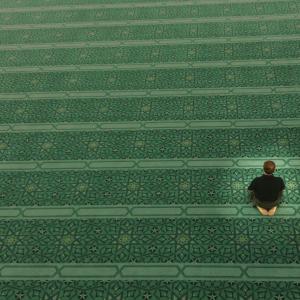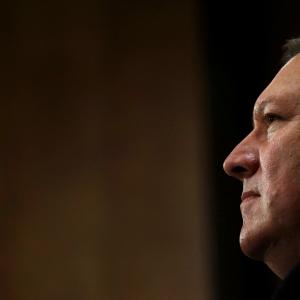
Todd Green is associate professor of religion at Luther College and a former advisor on Islamophobia at the State Department. He is the author of The Fear of Islam: An Introduction to Islamophobia in the West (Fortress Press, 2015), and Presumed Guilty: Why We Shouldn’t Ask Muslims to Condemn Terrorism (Fortress Press, 2018).
Posts By This Author
The Islamophobia Industry
How evangelicals see Islam as sexist but support abusers in the U.S.

Image via Shutterstock/Joseph Sohm
To be sure, Muslim women are among the survivors of sexual assault and violence. But narratives of oppressed Muslim women suffering from a violent and sexually abusive religion have often functioned as a distraction, a means of keeping the attention of our elected leaders on the presumably greater threat posed by lecherous Muslim men so that they need not come to terms with the full extent of the physical and sexual abuse women in the United States experience, nor with the ways white evangelicals contribute to the conditions facilitating this abuse.
What Will We Do About Pompeo’s Islamophobia?
Trump's nominee for Secretary of State is tapping into the worst impulses of the president and the nation as a whole by scapegoating Muslims as perpetual outsiders and dangerous threats, all the while invoking his Christian faith to justify his views.
3 False Assumptions About Muslims in the Age of ISIS

Syrian refugees who came from Aleppo waiting at the refugee camp in Essalame border gate on Turkey - Syria border in Essalame, Syria in February. gungorkarakus / Shutterstock.com
The Christian tradition calls its followers not to bear false witness. So how do we live out this calling? What does it mean not to bear false witness against Muslims in the age of ISIS? Here are three false assumptions, if not outright lies, often repeated about Muslims and terrorism, along with some facts that can help us have more honest conversations about our Muslim neighbors and about the violence we encounter in western nations.
'Never Forget…'
Why we need to remember the Muslim victims of 9/11.

Image via ChameleonsEye/Shutterstock
If our nation is to remember the lives of all who have suffered because of 9/11, Christians will need to do their part to renegotiate the terms for who and what we remember. Otherwise, “never forget” will remain a well-intended but shallow slogan that encourages us to elevate some lives above others, and to turn a blind eye to the violence, injustice, and hatred directed at Muslims in our name.
If our nation is to remember the lives of all who have suffered because of 9/11, Christians will need to do their part to renegotiate the terms for who and what we remember. Otherwise, “never forget” will remain a well-intended but shallow slogan that encourages us to elevate some lives above others, and to turn a blind eye to the violence, injustice, and hatred directed at Muslims in our name.
3 Reasons Christians Shouldn't Ask Muslims to Condemn Terrorism
Friendship, not fear, should drive the questions we ask about Muslims.

AHMAD FAIZAL YAHYA / Shutterstock
Shortly after news broke last week of the tragic murders in Chattanooga, Tenn., Muslims across the country took to social media to issue their condemnations of the shooting, including Muslim communities in Nashville, New York, the Council on American-Islamic Relations, and the American Muslim Advisory Council .
Nevertheless, an all-too-predictable wave of Islamophobia followed. Republican presidential candidate Donald Trump denounced President Obama because the president did not call the shooting an act of “Islamic terrorism.” And evangelical leader Franklin Graham posted on Facebook that “We should stop all immigration of Muslims to the U.S. until this threat with Islam has been settled.”
But as Ken Chitwood reminds us in “A ‘Radical’ Response to Islamophobia,” (Sojourners, August 2015), Christians have an important role in ending anti-Muslim discrimination. Through the liberating power of Christ, writes Chitwood, “[w]e are no longer enslaved to cultural constructions of antipathy such as Islamophobia.”
